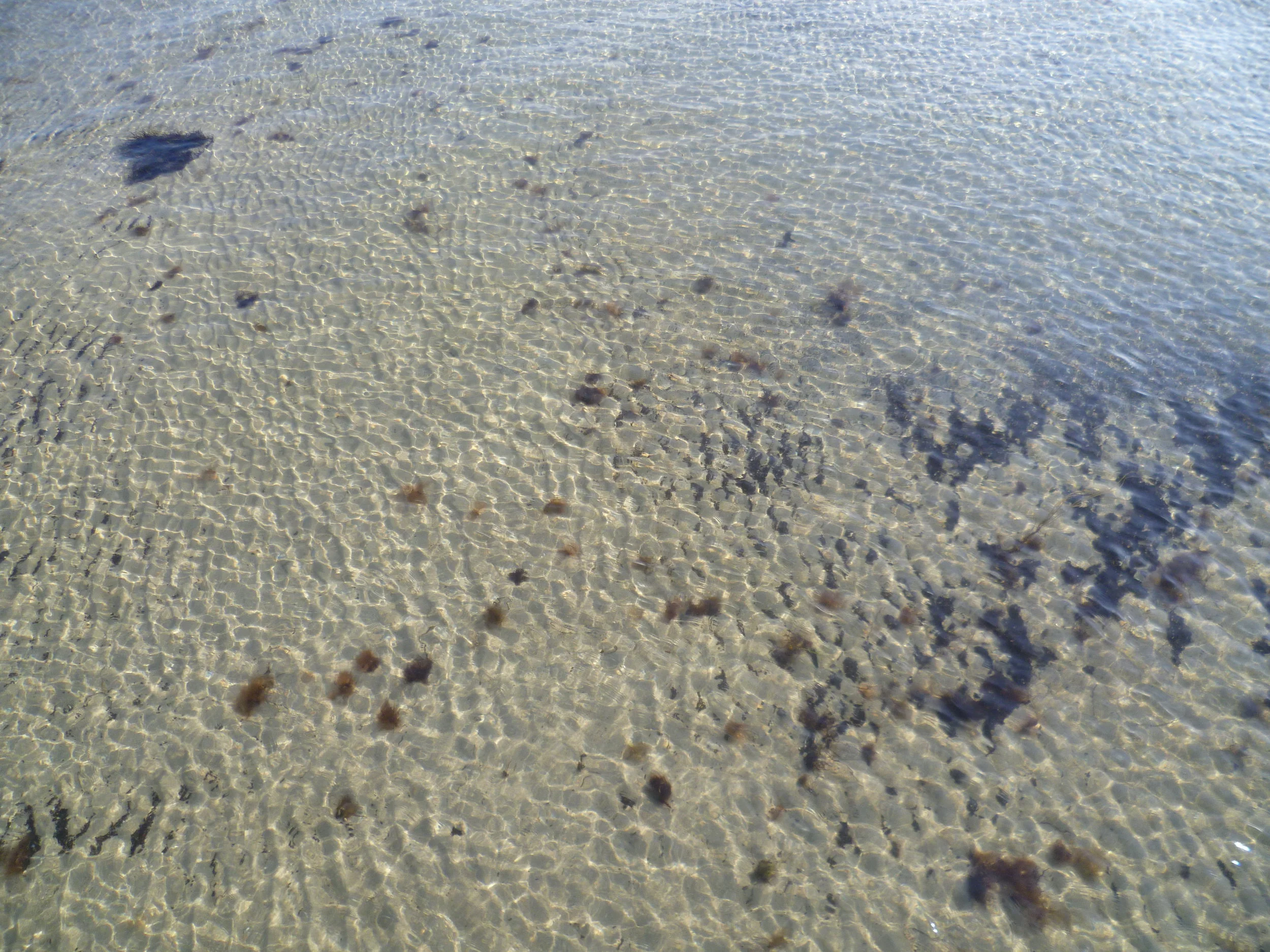A compound found in seaweed could provide sun protection without harming marine ecosystems
The European Chemicals Agency and The Environmental Effects Assessment Panel have recently expressed concern relating to the eco toxic effect of many of the most commonly used sunscreen filters in Europe. Many of these sunscreens are not eco compatible and may cause harm to marine life including fish, coral and microorganisms by making their way into water systems across the world.
Scientists at Kings College London used human skin cells to test a compound found in seaweed to test its ability to protect against UV radiation. The scientists found that even at very low concentrations the seaweed compound effectively absorbed harmful rays from the sun whilst acting as a potent antioxidant (something not seen in synthetic filters).
The results, published in the British Journal of Dermatology are important as it will help to develop an eco compatible, non toxic, natural sunscreen that protects skin without the negative effects to marine ecosystems.


